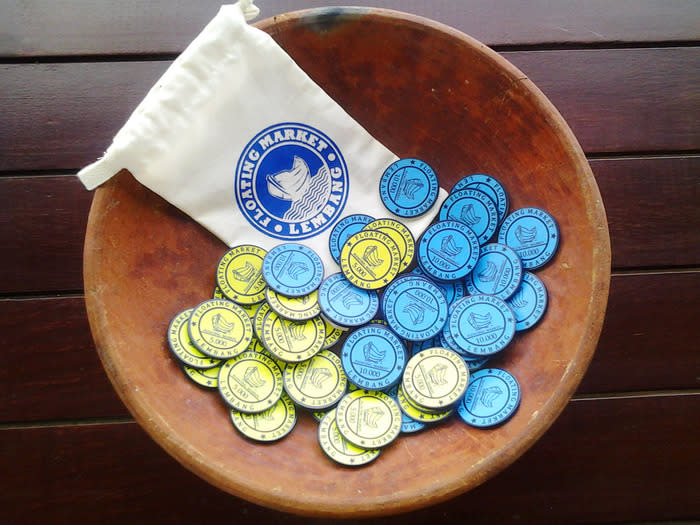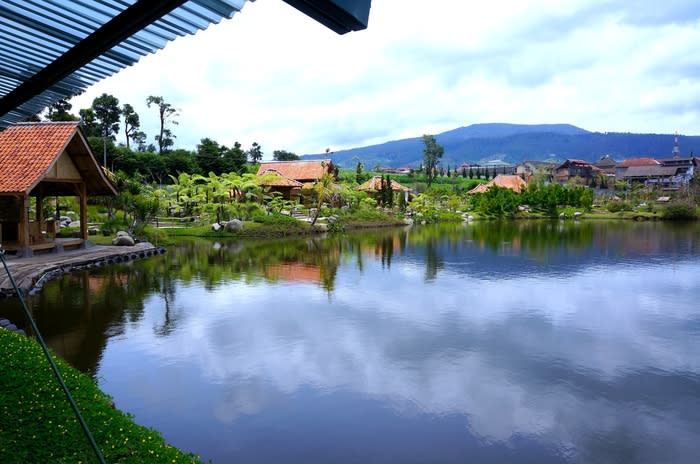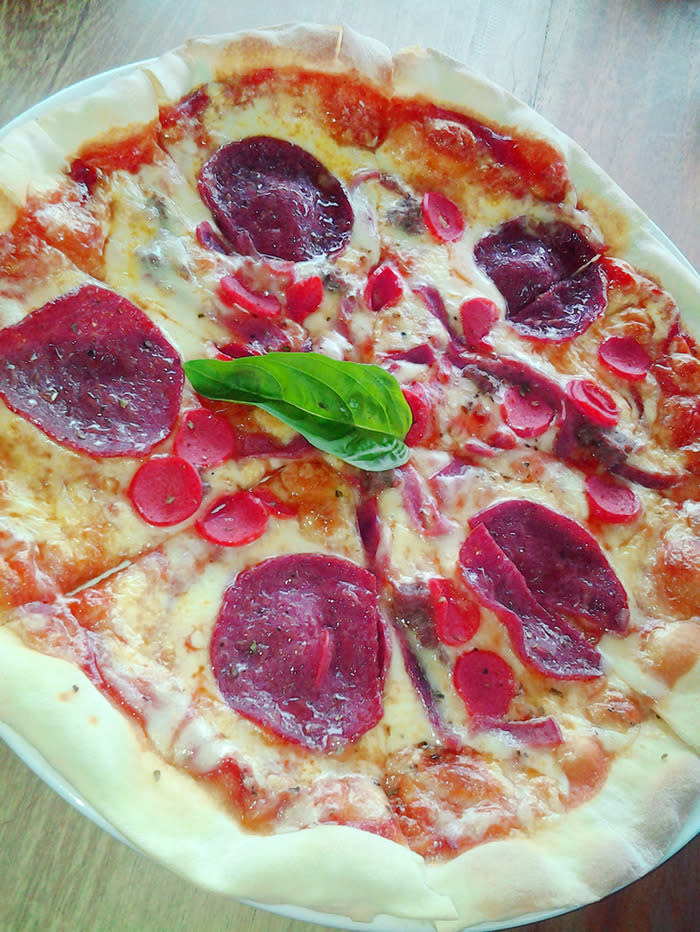What's new in Lembang?
The cool Lembang, located on the outskirts of Bandung is a long-time favorite weekend destination for Bandung as well as Jakarta residents.
As early as Friday, they flock to the area, braving the notorious traffic congestion. I recently revisited the area to see what was new and whether the trip was still worth the effort of being cooped up in a car for sometimes hours on end.
Bandung Transportation: The best way to getting around
Lembang Floating Market
Situ, which refers to a natural or artificial body of water, can serve a variety of purposes including retaining water and as part of efforts to preserve the local ecosystem.
Unfortunately, many situ-like locations in Indonesia have disappeared, having given way to modern developments.
One example is Bandung's Situ Aksan, which has been converted into a high-end real-estate complex.
Lembang's Situ Umar, on the other hand, still survives. However, it too is a form of compromise to the needs of human beings, although perhaps in a less destructive way.
Recently, the body of water was transformed into the Lembang Floating Market by Perry Tristianto, a businessman famous for his factory outlet empire. Perry also owns another family leisure center in Lembang.
"At first, Perry wanted to create a fishing site here but apparently the water in this lake is not suitable for fish. Hence, the idea of a floating market," said Melani Karnadi, marketing manager for Lembang's Floating Market.
The new tourist attraction is open the whole week, from 10 a.m. - 5 p.m. Monday to Thursday, 9 a.m. - 8 p.m. on Friday and Saturday, and 8 a.m. - 8 p.m. on Sunday.
Visitors pay Rp 10,000 (US$1.03) upon entering the site, along with a Rp 3,000 parking fee for the length of their visit.
Making my way to the parking lot, I noticed the organic gardens on my left and right.
I arrived at the lobby entrance, which is shaped like a traditional Sundanese house, and I was pleased to discover that the Rp 10,000 entrance fee included a hot or cold welcome drink.
Stepping inside the site, I was amazed at how large the place actually was. The immediate centerpiece was the lake, of course, adorned by surrounding greenery.
A number of wooden houses utilized for various business such as eateries and souvenir shops lined the pavement. So far, the
decor and landscape was far from tacky.
The floating market itself is equipped with a long lakeside shelter with an eating area on one side and small boats with various designs harbored on the waterside, functioning as food stalls. In short, it is a mini food harbor.
The only thing I found relatively uncomfortable was the choice of furniture on the boats, with the use of mini tables and chairs that were far from ergonomic.
I easily forgave this, though; perhaps it was done deliberately to match the boat's proportions, and if I really wanted to eat in a
more comfortable manner I could move into one of the saung or gazebos.
The price of food, which was mostly Indonesian, only cost between Rp 10,000 and Rp 50,000, and therefore very friendly to my pocket.
I tried the complete Nasi Timbel package, which comprised fragrant rice, fried chicken, kremes (crispy condiment) , fried tempeh and tofu, fried bilis fish, fresh vegetables, a bowl of tamarind soup, two types of sambal (spicy condiment) a small plate of crackers and a small bottle of mineral water for Rp 35,000.
I really liked the tamarind soup and its sambal gonseng (stir-fried chilli condiment). One stall that is perhaps for the more adventurous serves tutut, which is a type of snail that lives in paddy fields. The signature tutut dishes come with Singapore sauce or original sauce (turmeric with coconut milk) and costs Rp 15,000 per portion.
I have to say, however, that the dish I loved the most at the Floating Market was the mendoan, which is thinly sliced, fried tempeh with sweet soya sauce and chilli. The yummy, crunchy treats are sold in baskets for Rp 10,000.
Aside from stuffing yourself, you can indulge in a number of water activities at the market. The choices include paddle boats, canoeing and water cycles. These activities costs range from Rp 30,000 to Rp 50,000 per 15-30 minutes. Another alternative is to take a free tour around Lembang on the Floating Market's bus.
In the future, the area will house another restaurant called Kampung Leuit, which will be designed like a miniature paddy field. Also in the area is the Taman Kelinci (rabbit park), whose appearance reminds me of the world of the Teletubbies. The entrance fee for Taman Kelinci is Rp 15,000.
Every transaction at the Floating Market must be conducted with the park's in-house coins. There are four types of coins that cost Rp 5,000, Rp 10,000, Rp 50,000 and Rp 100,000.
The Lembang Floating Market is located on Jl. Grand Hotel No.33 E, Lembang, Bandung.
Api Unggun
On my way to Bandung, Api Unggun's chimney caught my eye and I decided to stop at the restaurant, which opened in December last year.
I found out after I walked inside that the chimney was in fact an Italian-style pizza oven.
"We specialize in pizza. I suspect you haven't found any pizza restaurants nearby here in Lembang?" Desi, Api Unggun's spokeswoman asked.
She explained that the restaurant's interior and exterior followed a "tropical Africa" concept and that it was inspired partly by the
famous KU DE TA restaurant in Bali.
I tried their pizzas: Api Unggun's signature Mix Mince Beef and Margaritha - that's how they write it on the menu, by the way - both priced at Rp 47,000, and the restaurant's signature drink, Aromatic Cinnamon (Rp 30,000).
I have to say, however, that I was not impressed. The pizzas were only just acceptable and the Aromatic Cinnamon, which is said to be made from chocolate milk, honey and cinnamon, tasted like ordinary chocolate milk from a box served with cinnamon stick to add a little spice. It's different, but not that special.
In all fairness, your visit may still be enjoyable because of Api Unggun's interior design. I really liked the big bedding area on the
second floor that comes with a clean blanket under your table. I imagined myself having a lazy, cozy night there, enjoying Lembang's cool weather with family and friends.
Open daily 2 p.m. - 12 p.m. from Monday to Thursday and 11 a.m. - midnight on the weekends, Api Unggun is on Jl. Raya Lembang No. 177 B.
Read also: 8 classic dishes not to be missed in Bandung









